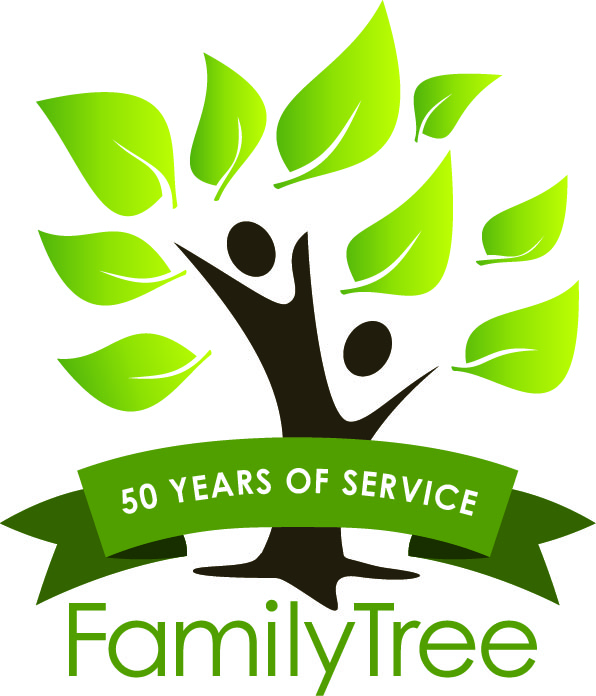
To view our easy-to-share guide on How to Help, click here.
Providing support to a loved one who may be experiencing abuse in their relationship can be extremely challenging. You may feel unsure of how to approach the subject, what the outcome will be, or how your concern will be perceived. While every situation is unique, understanding the dynamics of power and control, the cycle of violence and the realities survivors face when they decide to stay or leave, can all provide a valuable perspective and pathway for how you can help your loved one.
For those unfamiliar with the dynamics of abusive relationships, the causes, reactions, and solutions can appear linear. A partner uses physical violence or threats to establish or maintain control, and a survivor can either accept them or leave. Unfortunately, the reality is much more complex.
Physical violence is undoubtedly a hallmark of an abusive relationship, however regular use of other controlling behaviors combined with violence often contribute to a larger cycle of abuse. Episodes involving assault may not even occur frequently, however they do establish a precedence that enables an abuser to establish control over other parts of a survivor’s life.
Economic abuse, isolation, gaslighting, the use of children, and emotional abuse are all additional ways that abusers maintain their power and control. They are also less identifiable for both survivors and outsiders. Very often, survivors are left questioning their own perceptions because their partner has so adeptly convinced them that their actions are justified or even nonexistent.
It is when we consider all of the additional control factors in these relationships that the linear experience starts to dissipate and the path to safety and stability becomes unclear. A survivor who contemplates leaving has often lost access to many day-to-day resources, and the ability to exist outside the relationship can seem impossible. Other reasons to stay also permeate; fear, embarrassment, children, low-self-esteem, love, and disability, are just a small number of barriers that survivors face.
The cycle of violence is also an important factor to how a domestic violence situation starts and escalates over time. The three distinct stages of tension building, the explosion, and the honeymoon phase all prey on a survivor’s hope that the situation could change and the abuse will stop. To learn more about how to identify these stages, you can view the full guide here.
This may all seem like an extensive preamble to a simple question, how can I help? However, this information is vital to understand when navigating how to approach anyone about an abusive relationship. The outcomes and solutions will not often be simple, but there are things you can do or say to provide support. Below are just a few:
1. Open a non-judgmental dialogue about your concern. Questions like “Are you ever afraid of _______’s temper?” can begin the discussion.
2. Respect your friend or family member’s decisions. There are many reasons why survivors stay in abusive relationships. They may leave and return to the relationship many times. Do not criticize their decisions or try to guilt them. They will need your support even more during those times.
3. Appreciate the danger they are in. “I am afraid that the abuse will only get worse.” Acknowledge that they are in a very difficult and scary situation. Reassure them that they are not alone and that there is help and support out there.
4. Listen. “If you ever need to talk, I promise to just listen and not give advice.” Then follow through and not give advice!
5. Value and compliment them. Help counter the toll that the verbal abuse may be taking on their self-esteem.
6. Offer to help in ways that you are comfortable with and will not later become resentful about (i.e. financial help, baby-sitting, a place to stay, transportation, etc.) Set clear and fair boundaries. Don’t offer it if you can’t follow through.
7. Encourage them to talk to people who can provide help and guidance. Family Tree provides individual advocacy and support groups. If they have to go to the police, court or a lawyer, offer to go along for moral support.
8. Remember that you cannot “rescue” them. Although it is difficult to see someone you care about get hurt, ultimately, they are the one who has to make the decisions. It’s important to support them no matter what they decide.
9. Provide support after the relationship. Your friend or family member may feel sad and lonely once they’ve left their partner. They will need time to mourn the loss of the relationship and will especially need your support at that time.
10. Encourage self-care and practice it yourself. Self-care means taking care of yourself in any way that feels good to you and brings you comfort. People who experience abuse often don’t do self-care because they are made to feel like they don’t deserve love or care. You can remind them that self-care is important for everyone. Why is taking care of yourself so important? Because by doing what you can for your own well-being, you can enable yourself to continue being a source of support for your loved one.
One last and important thing to remember is that you are not alone. Family Tree as well as other local and national organizations are here to provide support and resources. If you have any questions or are looking for help for either yourself or a loved one, Family Tree operates a confidential, 24-hour domestic violence hotline that is always available.
24-hour DV crisis line: (303) 420-6752
Additional Resources:
Roots of Courage
Phone: (303) 420-0412
Legal Advocacy Program
Phone: (303) 271-6100
Alternate Phone: (303) 420-0412
Email: legaladvocates@thefamilytree.org
Domestic Violence Outreach Program
Phone: (303) 271-6100
Email: outreach@thefamilytree.org
Parenting Time Program
Phone: (303) 462-1060
Email: spt@thefamilytree.org
National Domestic Violence Hotline, 1.800.799.7233, thehotline.org
